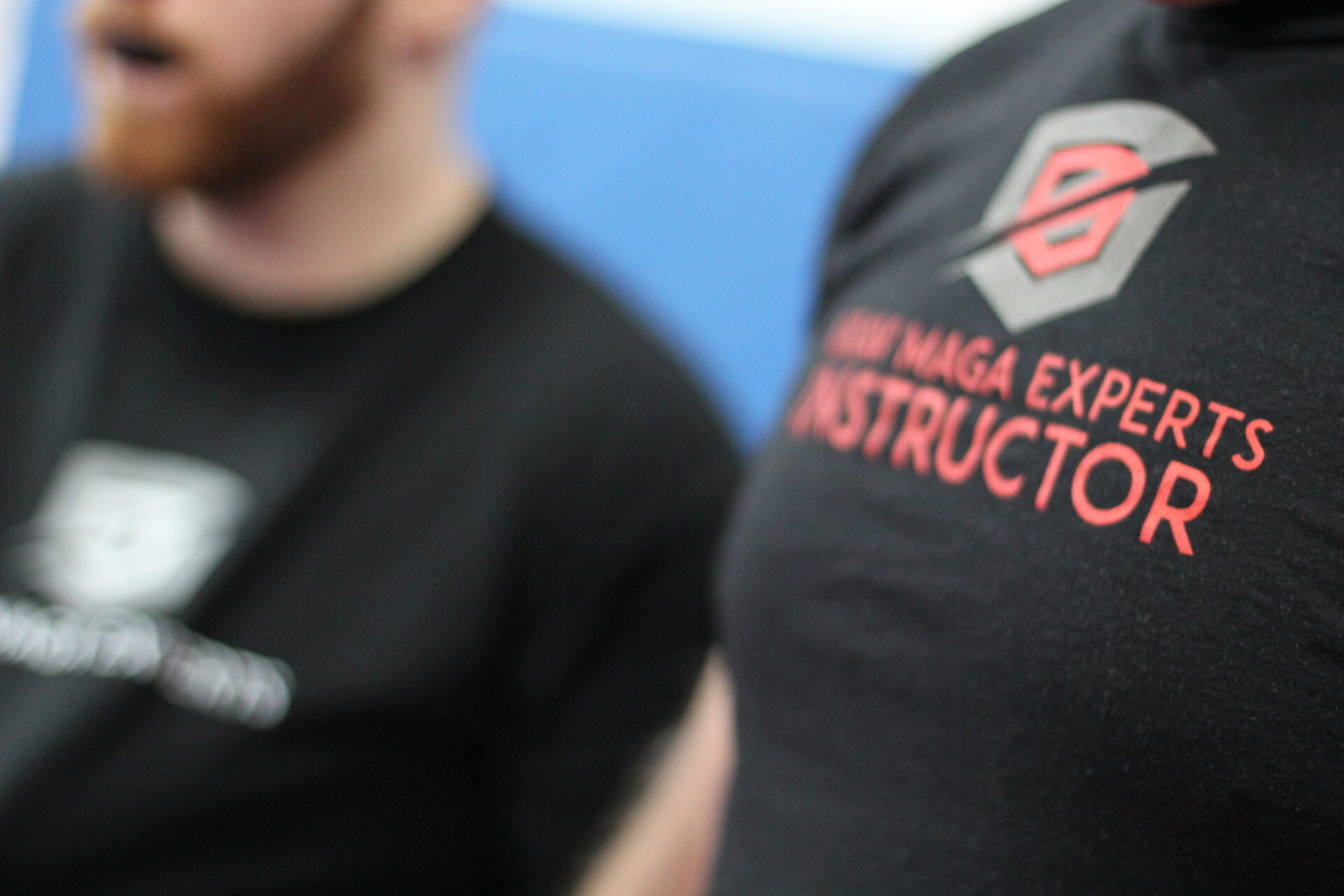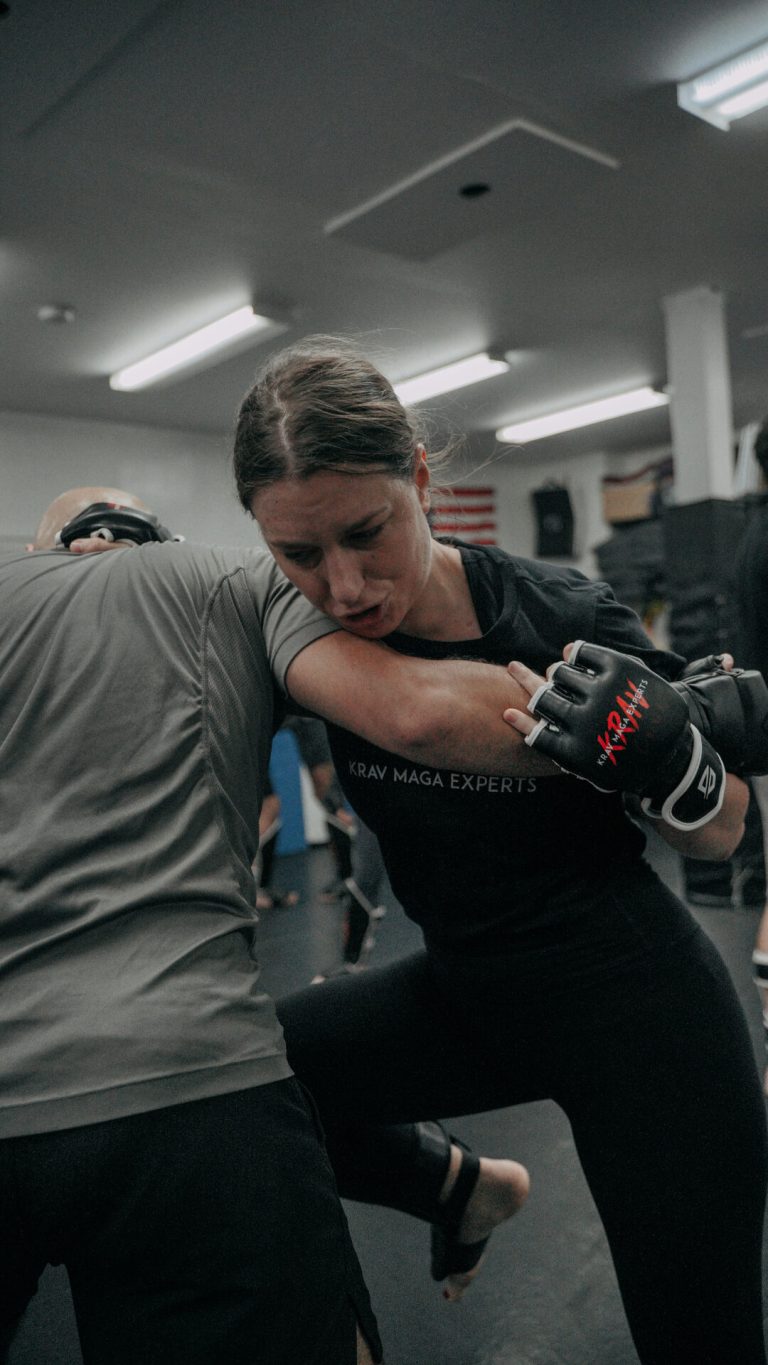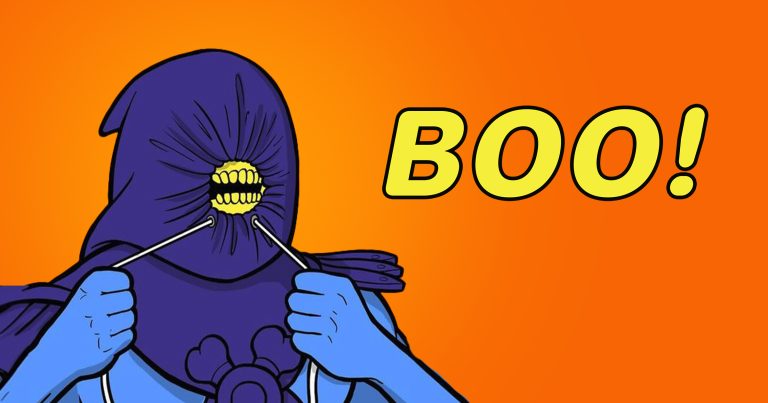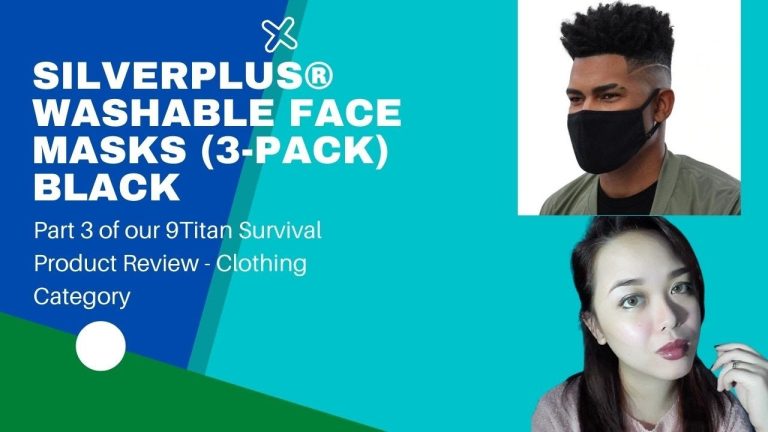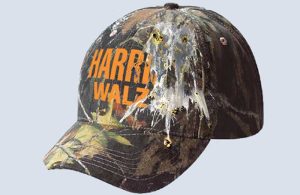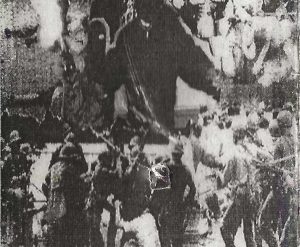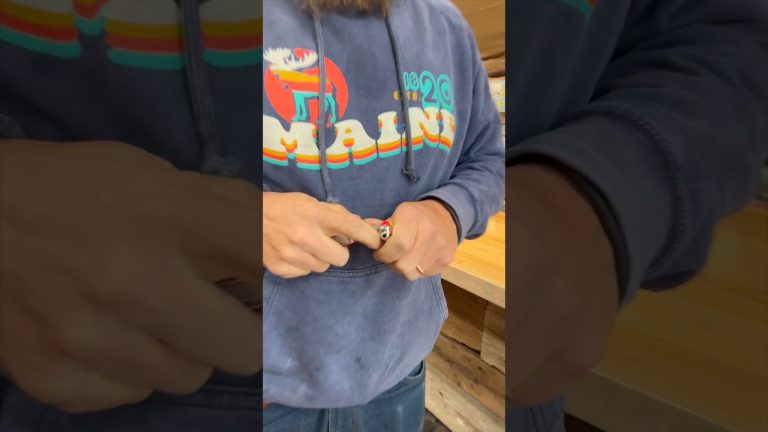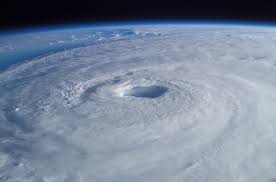Krav Maga is, at its core, about self-defense. As its founder, Imi Lichtenfeld, defined it, Krav Maga aims *“to educate and build people mentally, spiritually, and physically so that in a time of need one will be able to defend and attack with maximum speed and efficiency, to establish in one a sense of self-worth, and to work toward the bringing together of hearts and ending violence between all peoples, irrespective of color, race, or religion.”*
This mission is the essence of Krav Maga, but finding a school that truly upholds these principles can be difficult. Schools vary significantly in their training culture, curriculum, and teaching style. Some focus too much on aggression, others on flashy techniques or fitness routines, which can stray from the real-world self-defense Krav Maga is meant to offer. The misconceptions created by social media can make this search even more overwhelming.
I firmly believe in how a Krav Maga school should operate and what it should represent. However, my opinion, while strong, isn’t the only one out there. What’s most important is finding a school that best fits *your* needs and stays faithful to the principles that Lichtenfeld laid out.
Here’s my advice on how to do just that:
1. Instructor Credentials and Experience
The instructor’s qualifications are key, but it’s not about how many celebrities or high-profile people they’ve trained. What really matters is *what* they’ve done to earn the title of “Krav Maga instructor.” Who trained them? What was the quality and depth of their certification process? Did they just complete a quick course, or did they spend years honing their skills under experienced mentors?
There’s a big difference between being certified and being qualified. Certification is just a piece of paper—it’s the minimum requirement. Qualification, on the other hand, comes from years of practical application, consistent learning, and a genuine commitment to mastering the system. You want someone who’s not just ticking boxes but has truly earned the right to teach by living and breathing Krav Maga in real-world situations.
.
2. Class Structure and Curriculum
When it comes to class structure and curriculum, a legitimate Krav Maga school should be built around a well-structured program that emphasizes real-world self-defense. Each class should follow a clear progression, starting with fundamental techniques and advancing to more complex scenarios as you develop. You’re there to learn how to defend yourself against real threats like chokes, grabs, or armed attacks, so the curriculum should focus on techniques that are simple, effective, and designed to work under high-pressure situations.
The curriculum should include a balance of striking, ground defense, and situational awareness training, all of which are critical in a self-defense situation. Schools that prioritize flashy or overly complicated moves are missing the point. You want to be learning techniques that are easy to internalize and execute under stress. The structure of each class should reflect that focus—building muscle memory and mental resilience, not just looking cool.
.
3. Emphasis on Realistic Training
Realistic training is non-negotiable in Krav Maga. It’s not just about learning techniques in a vacuum—it’s about preparing for real-life situations. That’s why sparring and pressure testing are essential parts of the process. You need to know how your body reacts under stress, and sparring gives you the chance to apply what you’ve learned in a controlled but challenging environment. Pressure testing ensures that you’re not just memorizing moves but truly internalizing them, so they come out naturally when it matters most.
Each student comes in with their own set of needs, and not everyone starts at the same level—even if they begin training at the same time. Whether someone is focused on self-defense for a specific scenario or working to build overall strength and confidence, the training should reflect those individual goals. A skilled instructor understands where each student is in their development and tailors the training to meet them where they are, providing the right challenges and guidance at every level.
Look for schools that emphasize sparring (at the right level – after students acquired skills!) and pressure testing in their approach, using drills that simulate real-world attacks. This kind of training not only boosts confidence but also ensures you develop the practical skills necessary to respond effectively under pressure. In the end, it’s about realistic, effective training that prepares you for real-life situations.
4. Facility and Training Environment
When you visit a potential Krav Maga school, pay close attention to the facility and its training environment. A clean, well-maintained space speaks to the professionalism of the school, but what matters more is the overall training culture. Look at how students interact—are they respectful to each other and the instructors? Does the school prioritize safety during training?
Especially for beginners, the environment needs to be positive and supportive. Krav Maga can feel intimidating at first, so it’s essential that the school fosters a culture where students of all levels feel encouraged and challenged appropriately. This atmosphere plays a critical role in helping students thrive and progress in their training.
5. Student Feedback
Get a feel for the training, the sense of empowerment, and the community by trying a few classes or watching a class. This will give you a firsthand look at the teaching style, the class atmosphere, and how the instructor engages with students. Pay attention to whether the environment fosters personal growth, encourages mutual respect, and offers an ego-free community.
If possible, talk to current students to gain insight into their experiences. Their feedback can reveal a lot about the quality of instruction and how well the school delivers on its promise of empowerment through Krav Maga. Online reviews and testimonials can also be helpful, offering a broader sense of the professionalism of the instructors, the effectiveness of the training, and overall student satisfaction.
6. Affiliations and Reputation
When choosing a Krav Maga school, it’s crucial to consider both the school’s affiliations and the reputation of its head instructor. A reputable head instructor who oversees the program and sets the tone for training is a strong indicator of quality. Schools connected to recognized organizations are more likely to provide consistent, high-level instruction, but the head instructor’s influence is equally important. They ensure that the program maintains its integrity and adheres to core Krav Maga principles.
An experienced head instructor, or affiliation with such a figure, provides students with access to advanced training, specialized workshops, and continuous development opportunities. This ensures that students’ skills are refined and progress under the mentorship of a knowledgeable and highly experienced leader, fostering both personal growth and technical mastery.
At the end of the day, choosing the right Krav Maga school is about more than just credentials or reputation—it’s about finding a place where you can truly grow and thrive. Even the most respected schools might not be the right fit for everyone, and that’s okay. What matters most is that you feel challenged, supported, and empowered in your training.
Krav Maga is a personal journey, and the best school for you will be one that aligns with your unique needs and goals. Sometimes, even if the credentials and reputation are perfect on paper, the school just might not be the right match for you. Don’t be afraid to trust your instincts. Look for a place where the environment, instructors, and community push you to become stronger, both physically and mentally.
The right school will not only teach you how to defend yourself but will also help you build confidence, resilience, and a sense of belonging. Keep searching until you find that school—a place where you feel like you’re growing into the best version of yourself. That’s when you know you’ve found the right fit.
Do something amazing,
Tsahi Shemesh
Founder & CEO
Krav Maga Experts







